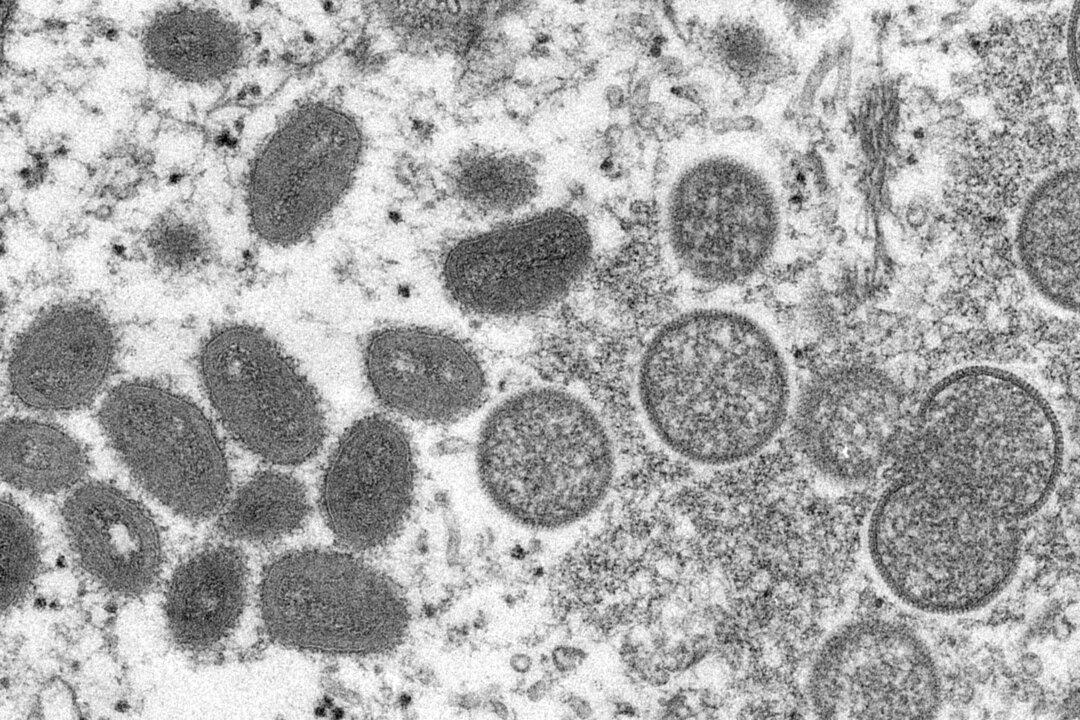A case of suspected monkeypox is being investigated, officials in Sacramento announced on May 24.
If confirmed, it would be the first known case in California.


A case of suspected monkeypox is being investigated, officials in Sacramento announced on May 24.
If confirmed, it would be the first known case in California.